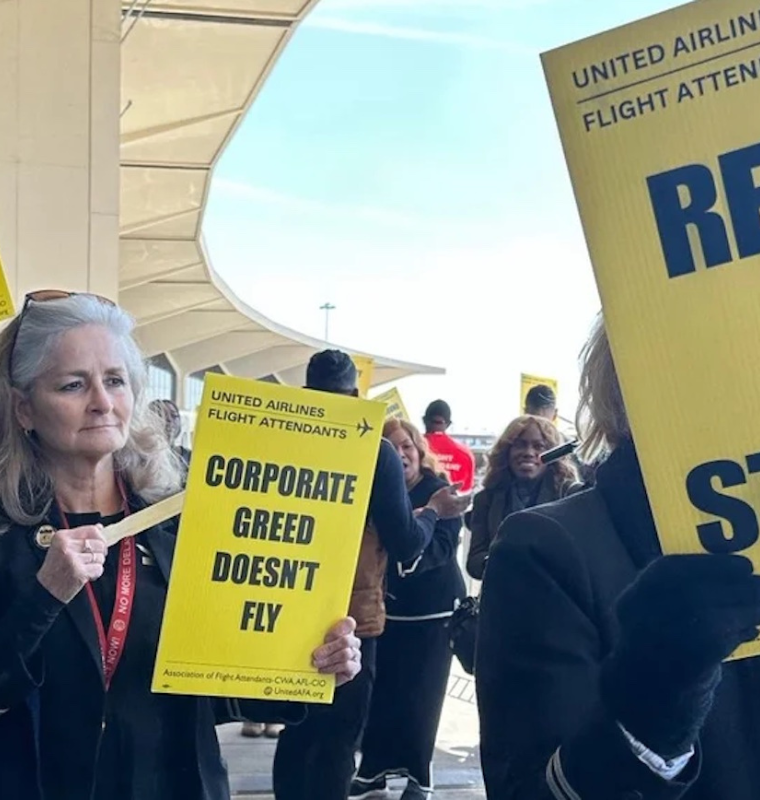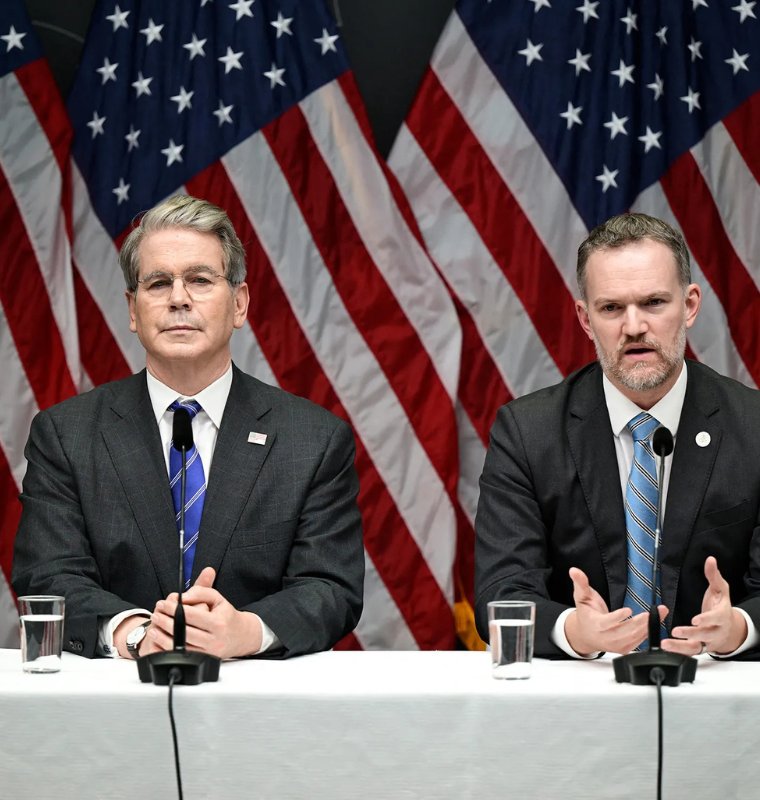Trump Confirms High-Stakes U.S.-China Trade Talks in London Amid Escalating Economic Tensions
Trump Confirms High-Stakes U.S.-China Trade Talks in London Amid Escalating Economic Tensions
By
Junia Wells
Last updated:
June 7, 2025
First Published:
June 7, 2025

Photo: South China Morning Post
LONDON – June 7, 2025 – President Donald Trump has officially confirmed that a new round of U.S.-China trade negotiations will take place in London on Monday, marking the latest development in a years-long standoff between the world’s two largest economies. The talks come at a critical juncture, as both nations attempt to navigate strained economic ties, disputes over high-tech goods, and a fragile post-pandemic recovery.
The announcement was made Friday via Trump’s platform on Truth Social following what he described as a “lengthy and productive” phone call with Chinese President Xi Jinping the previous evening.
Key Officials to Attend
Leading the U.S. delegation is Treasury Secretary Scott Bessent, a central figure in the administration’s trade negotiations. He will be joined by Commerce Secretary Howard Lutnick and U.S. Trade Representative Jamieson Greer.
“These are serious talks with serious people,” Trump wrote. “This meeting should go very well — we’re pushing for real outcomes.”
The Chinese Embassy in Washington has not yet commented on the upcoming talks. However, analysts expect a strong contingent from Beijing’s Ministry of Commerce to be present, possibly including Vice Premier Liu He, who has led prior rounds of negotiation.
Backdrop: A Trade War Still Simmering
Monday’s meeting is set against the backdrop of a trade war that has cost both economies billions of dollars. In 2024, U.S.-China trade in goods amounted to $582.3 billion — a slight dip from previous years as tariffs, sanctions, and supply chain disruptions weighed heavily on bilateral commerce.
A partial truce was reached last month during talks in Geneva, where both sides agreed to temporarily reduce tariffs on over $120 billion worth of goods. However, the diplomatic momentum has slowed in recent weeks amid renewed tensions.
Flashpoints and Disagreements
Beijing has accused the U.S. of violating the spirit of the Geneva agreement after the U.S. Commerce Department issued warnings to American chipmakers against using Chinese semiconductors — a move seen as a national security precaution but one that has angered Chinese officials.
Furthermore, the Trump administration recently announced visa restrictions on certain Chinese graduate students in sensitive technological fields, citing concerns over intellectual property theft and espionage.
On the other side, Washington has voiced frustration over China's delayed action on its Geneva commitment to increase exports of rare earth elements — critical minerals used in everything from smartphones to defense technologies.
“After last night’s call with Xi, there should no longer be any confusion about the importance and complexity of Rare Earth products,” Trump posted, leaving analysts speculating about what specific assurances were made.
Global Stakes and Strategic Importance
The talks come at a time when global markets are watching closely. Wall Street and major Asian indices have shown increased volatility as traders digest mixed signals from both governments. The outcome of Monday’s talks could sway investor confidence, especially in sectors reliant on Chinese manufacturing or raw materials.
Trade experts caution that while a full-scale resolution is unlikely in one meeting, progress on key fronts like semiconductors, agricultural exports, and rare earth minerals could stabilize relations temporarily.
What’s Next?
Should Monday’s discussions yield positive outcomes, analysts expect a follow-up summit between President Trump and President Xi to be scheduled before the G20 meeting later this summer in Osaka. Such a move would likely focus on finalizing a framework agreement and addressing enforcement mechanisms — a sticking point in previous rounds.
“Both countries have incentives to de-escalate,” said Dr. Emily Chen, a senior fellow at the Center for Strategic and International Studies. “With elections approaching and economic pressure mounting on both sides, now is the time for diplomacy to deliver.”
Popular articles
Subscribe to unlock premium content
Fashion Waste and Sustainability in Fast Fashion Are Forcing a Global Industry Reboot
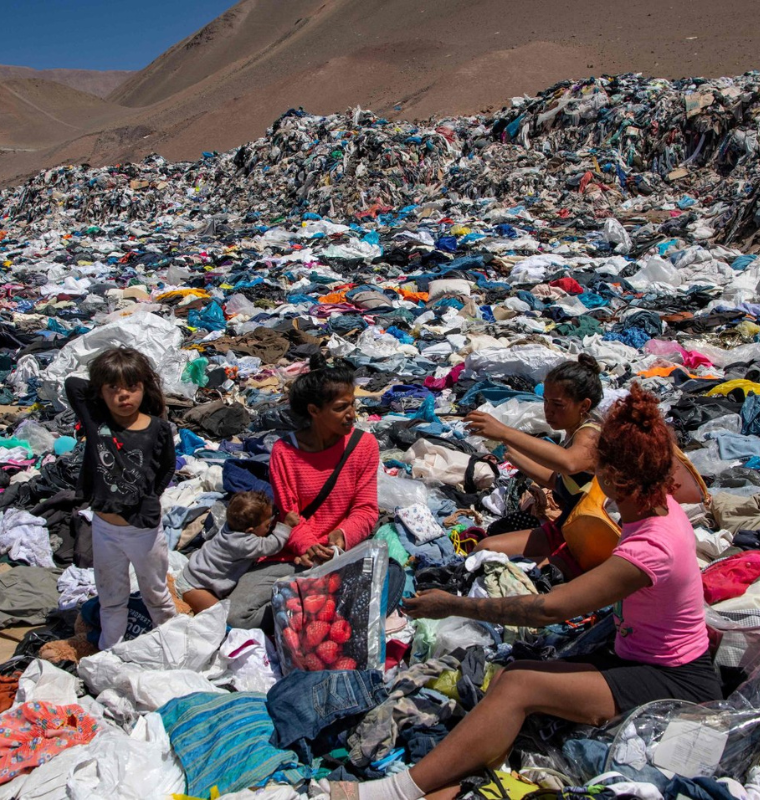
The Rise and Fall of Argentina’s Economy Reflects a Cycle of Promise and Crisis
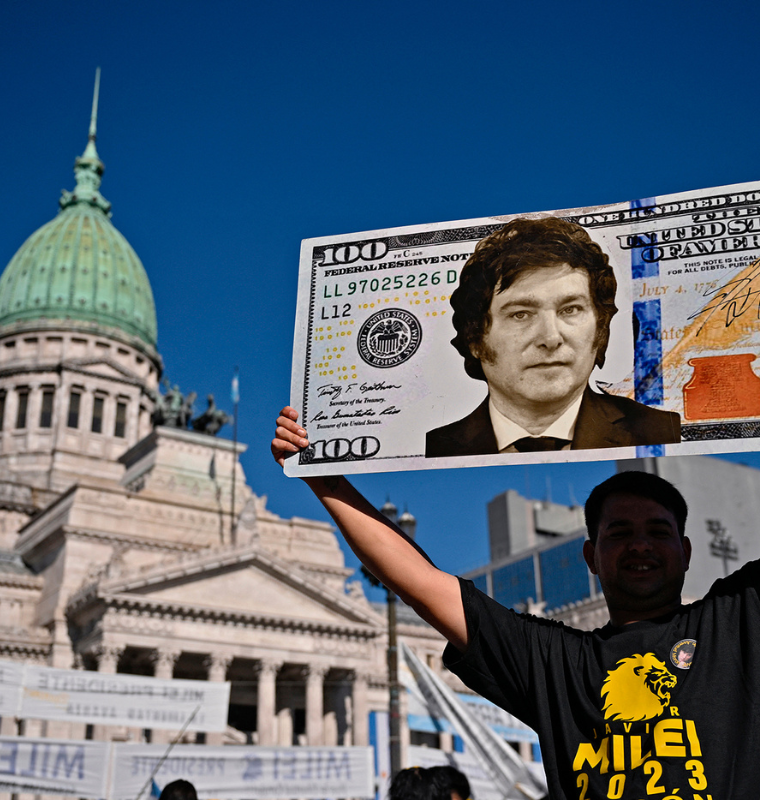
Vietnam’s Manufacturing Boom Is No Accident and It’s Just Getting Started
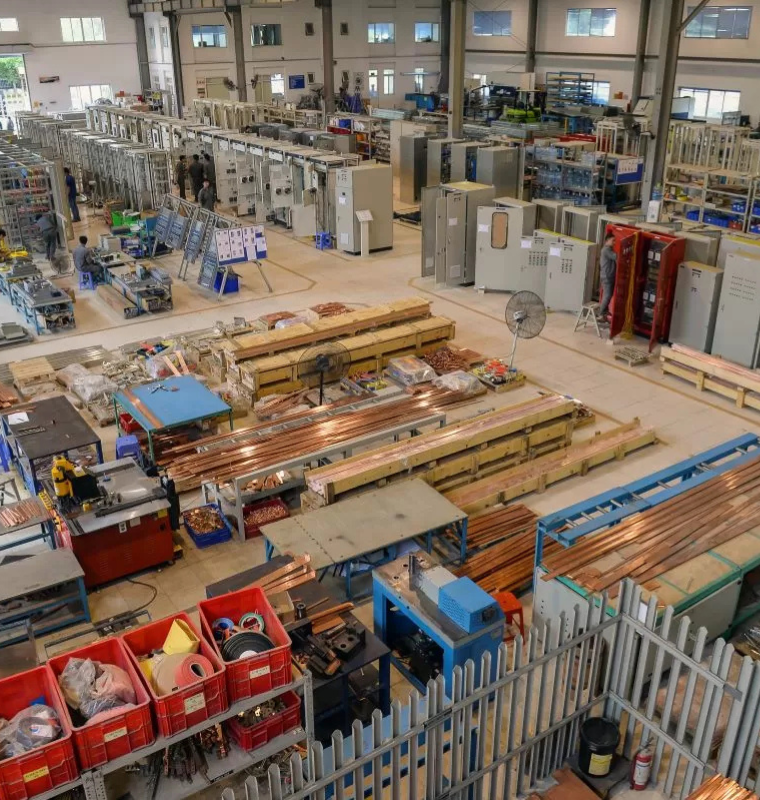
Fashion Waste and Sustainability in Fast Fashion Are Forcing a Global Industry Reboot

The Rise and Fall of Argentina’s Economy Reflects a Cycle of Promise and Crisis

Fashion Waste and Sustainability in Fast Fashion Are Forcing a Global Industry Reboot








